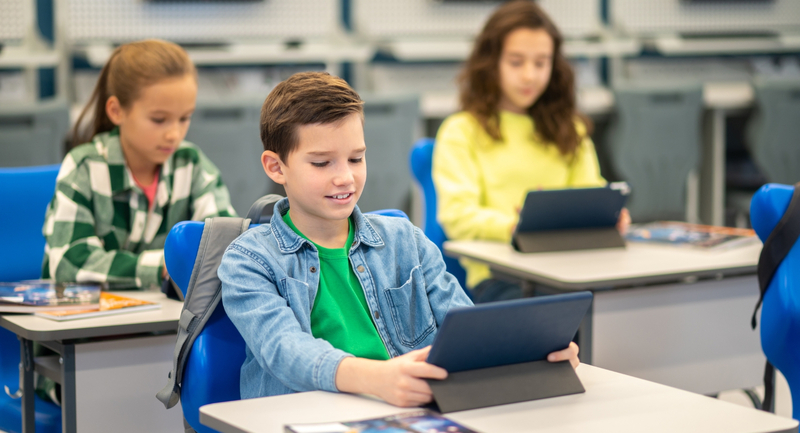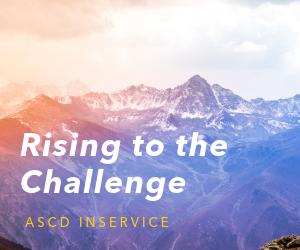Has family engagement turned a corner after 16 months of disrupted learning? Karen L. Mapp, a senior lecturer at the Harvard Graduate School of Education, has tracked the relationships between caregivers and schools for more than two decades. This year, after the pandemic bridged the home and school divide in new ways, Mapp says educators are finally recognizing just how necessary families are as partners in an equitable education approach. On the heels of releasing a new family engagement report with the Carnegie Corporation of New York, Mapp talks with ASCD about how schools can take a more “liberatory” approach to engagement.
Partnering with families and caregivers took on new dimensions during the pandemic, as many families assumed greater roles than ever before in their children’s learning. What do you think are some of the most important changes we’ve seen?
I have seen and heard from many educators and practitioners and from families that people are finally realizing just how powerful and important family engagement is in children’s education. For many people who had been resistant to the idea, this last year was a wake-up call. Education did not happen at all, particularly in pre-K through middle school, without the full engagement and participation of families. I’m both excited and, to be honest, a bit dismayed that it has taken this long for educators to realize the incredible power of families, particularly Black and brown families. Many times, they have been demeaned and disrespected. Now, educators have been in their homes [virtually or in person]. One of the things families don’t want to see change is that the conversations between themselves and teachers are about teaching and learning, whereas before it was about discipline issues or SEL. There’s really been a shift in the tone and intent of conversations. We can’t do this thing called schooling without families.
You recently released a call to action report with the Carnegie Corporation that demonstrates how proper family engagement can address longstanding educational inequities. How would you describe the current situation we face, and where does engagement come in as a solution?
I do see a lot more districts doing fabulous work around family engagement. Cleveland; Philadelphia; Richmond, Virginia; and Maryland have put investment and resources into family engagement practices. But we still have a lot of places that are just now coming to the table. They need coaching and professional development support. Knowing a child’s family is so beneficial in so many ways. When we think about issues of equity, families have knowledge about the child and their culture and what their needs are that no one else has.
In the report, we say that family engagement is an equity strategy but embracing family engagement is an equity mindset—where you see families as cocreators, regardless of what they look like, what language they speak, who they are.
What do you want educators (and families) to take away from the report, especially as they think about plans and interactions for this coming fall?
[The recent webinar we led] explains how to use ESSA funds to expand your family engagement practices, because it will help us with learning loss. We know from 50 years of research that family engagement does a lot for student outcomes and student improvement. I am hoping that people will look beyond the report and find ways to sustain this work. For many years, I’ve seen a lot of family engagement initiatives that are family facing only, [meaning targeted to what families can do]. I think these initiatives are important, but I get suspicious that in the recesses of our minds, people are still thinking families are the problem—that if we can just get them to learn literacy practices and help the child at home, then we’re good. You also have to change the adults in the schools—it’s a dual part of the capacity-building framework. Another area we are working in is making sure teacher induction programs have robust family PD for incoming teachers.
What are some of your favorite tools and resources to recommend to school districts around family engagement?
One book I recommend is Beyond the Bake Sale, which I coauthored with Anne T. Henderson, Vivian R. Johnson, and Don Davies. Powerful Partnerships walks teachers through the whole [school] year and pushes people to examine their core beliefs around families. There’s a free online course called “Intro to Family Engagement” by Harvard edX. I also recommend that people go on the National Association for Family and Community Engagement's website for webinars and events that might be happening around the country.
Editor's note: This interview has been edited for space.








